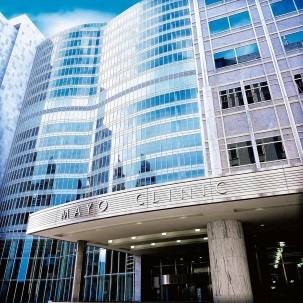Neurology Patient Stories

July 2, 2023
By Jan Kary I was 60 at the time. Trying to take a photo. My hand was shaking so much I couldn’t hold my phone[...]

September 28, 2012

August 31, 2012

August 8, 2012

July 3, 2012

June 7, 2012

May 17, 2012

March 27, 2012

March 26, 2012

March 23, 2012

March 22, 2012

March 19, 2012
Explore more topics
 Sign up
Sign up

Mayo Clinic Connect
An online patient support community
